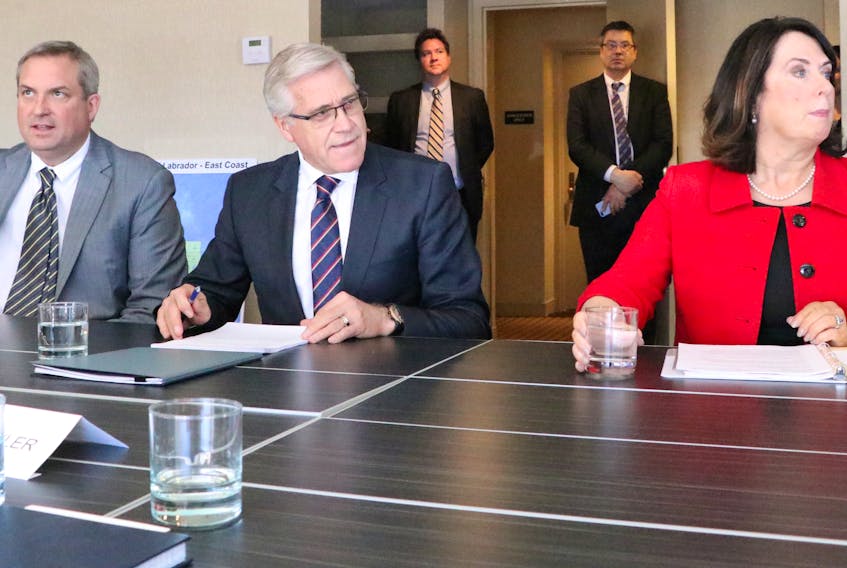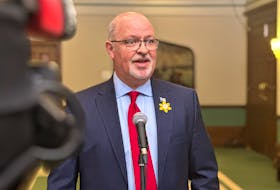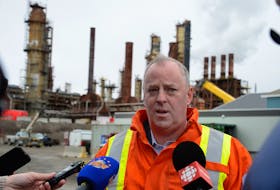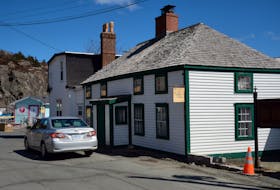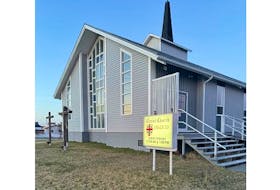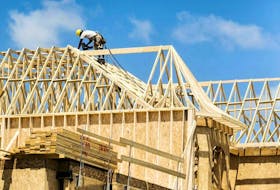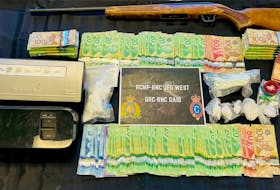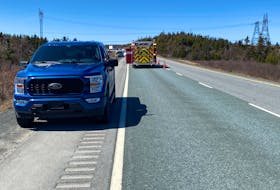Investors in the ocean off Newfoundland and Labrador — whether in the oil and gas or fishing industries — must have confidence that set regulations are not going to constantly change, Premier Dwight Ball told the National Advisory Panel on Marine Protected Area Standards on Tuesday.
The panel, struck to gather various perspectives and to offer recommendations to the federal minister of Fisheries and Oceans on protection standards for federal Marine Protected Areas, was in St. John’s as part of its consultation process.
Ball said the Government of Newfoundland and Labrador is committed to working with the federal government, Indigenous people, industry stakeholders and the public to find a balance between marine conservation and economic opportunities.
He said, however, current uncertainty over regulations will affect future development in the province.
“What the fishing industry and the oil and gas industry are telling us is that when you look at regulatory changes, that is where the uncertainty is created,” Ball said. “It is a global competition and people have other jurisdictions that they can take that investment to. It is indeed about the certainty. We see significant opportunities off our shores, particularly in oil and gas, but the fishery as well, but any time the ground is moving underneath your feet there are more questions and uncertainty creeps in, and then what you see is industry moving to other jurisdictions where there is more predictability.”
Ball, along with Natural Resources Minister Siobahn Coady and Fisheries and Land Resources Minister Gerry Byrne, stressed to the panel that confusion over regulations governing marine refuge zones (which come under the Fisheries Act and focus on fishing activity) and marine protected areas (that come under the Oceans Act) will affect innovation and development in the ocean around the province.
The federal government has committed to increasing the proportion of Canada’s marine and coastal areas that are protected to 10 per cent by 2020. It currently sits at eight per cent — and 22 per cent of that eight per cent is in Newfoundland and Labrador’s jurisdiction.
Ball said Newfoundland and Labrador is doing its share.
He noted, however, a compromise on regulations for the proposed Laurentian Channel Marine Protected Area — regulations that were already gazetted — are being reconsidered by the Department of Fisheries and Oceans after special interest groups carried out a letter-writing campaign.
“When you look at a process over six or seven years, and when you are at the table, our officials were there and decisions were made, we now see decisions being reversed and processes changed,” Ball said. “A letter writing campaign, some 70,000 comments, is not the type of research you base a decision on. These are comments from faces and people we do not know, people who do not have a connection to Newfoundland and Labrador.
“What we want is respect that when decisions are made, you stick to them to create certainty.”
Coady noted that, as part of The Way Forward, the provincial government committed to work with industry to position the province globally as a preferred location for oil and gas development. An Oil and Gas Industry Development Council was established with a focus on promoting development, competitiveness and sustainability. In January 2017, the council began to discuss opportunities and actions required to expand the oil and gas industry, one that is globally competitive, environmentally responsible and maximizes benefits to the people of the province. The result was Advance 2030.
By 2030, the provincial government envisions more than 100 new exploration wells drilled, multiple basins producing over 650,000 barrels of oil equivalent per day, a shortened time period from prospectivity to production and direct employment of more than 7,500 people in operations.
The government also foresees a global supply and service sector, commercial gas production, and renewables and oil and gas integrated in a world-class energy cluster.
In order to achieve that, the premier and ministers said, ocean protection must be based on collaborative work, evidence-based information and good science.
Coady also noted oil and gas exploration and development in the province has always been carried out under strict regulations and oversight.
“The Government of Newfoundland and Labrador is, as is the Government of Canada, committed to the responsible development of our oil and gas resources and finding the appropriate balance between economic development and marine conservation measures,” Coady said. “Our environmental approval process, seismic work and production projects, involve various provincial and federal government departments and agencies, non- governmental organizations and Indigenous groups.
“The oil and gas industry has co-existed with the fishing industry for the past 30 years and there have been no significant harmful environmental effects. Offshore operations follow strict regulations.”

